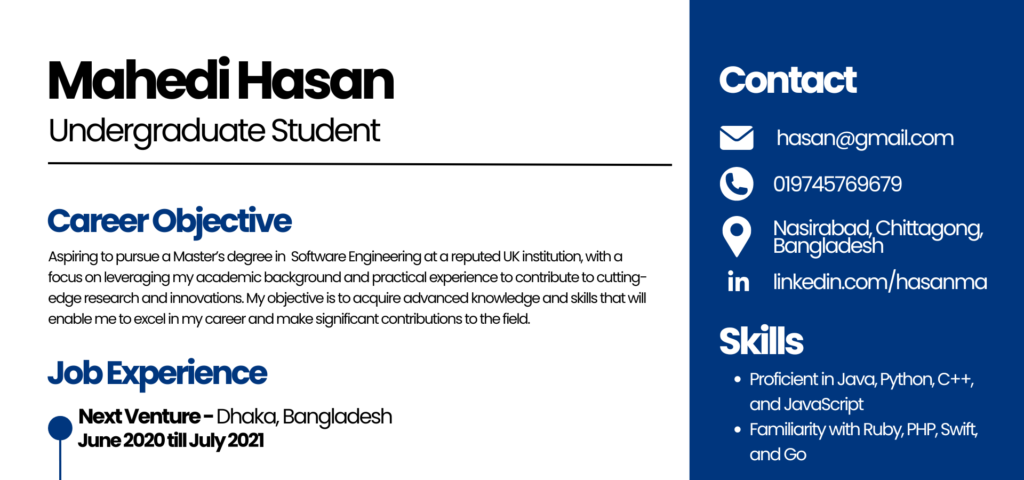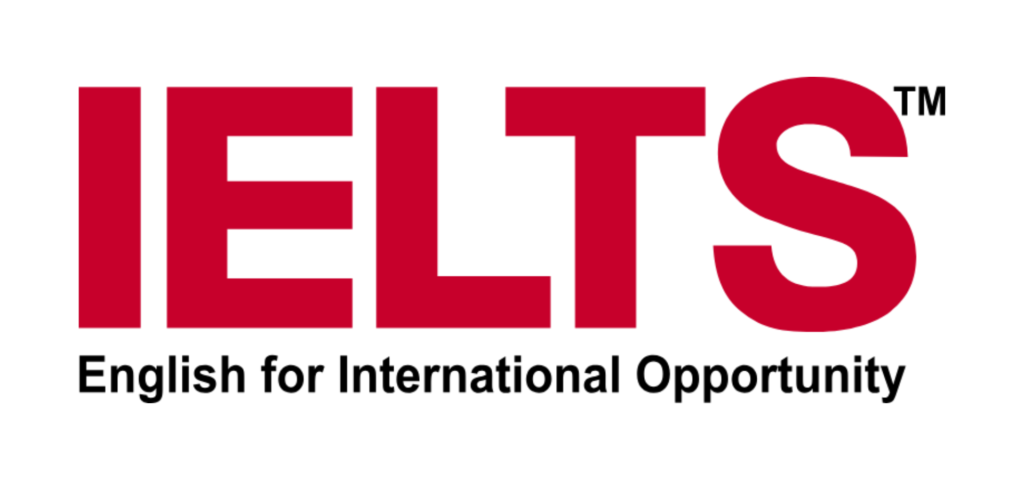Crafting an Effective Personal Statement for University Applications
This part of your admission application is pivotal, shaping your success in securing admission to the university of your choice. It’s a chance to advocate for yourself to the admissions committee, showcasing why you’re an ideal candidate for the program. While it’s common for personal statements to resemble each other, spending at least five days crafting yours is strongly advised.
Real Education Consultancy provides guidance and consultations on personal statements to empower you in making a compelling case for admission. Here’s an outline of what an effective personal statement should encompass:
REMEMBER, YOUR PERSONAL STATEMENT IS YOUR NARRATIVE! WRITE IT WITH ZEAL.
1. Personal Narrative
Your personal narrative should detail your motivation for selecting your degree, your goals, aspirations, and unique strengths. This should delve into who you are, your interests, background, and your vision for the future. Maintain a formal tone throughout.
2. Educational Background
Highlight your educational background and its relevance to your vision and the course you’re applying for. Specify degrees, majors, or courses that qualify you for the program and explain how they align with your future goals.
3. Reasons for Choosing the University and Program
Explain your reasons for choosing the particular university and program, and how they fit into your personal and professional development objectives. Conduct thorough research on the university’s website to tailor your statement accordingly. Avoid copying from the internet; infuse your own voice into the statement.
4. Course Relevance to Career Aspirations
Reflect on how the course, combined with your previous studies, will bolster your career aspirations. Discuss how individual modules within the course align with your future career goals. If there’s a study gap, justify it with reasons and elucidate how the time was beneficial for your personal development.
5. Relevant Experiences
Incorporate any work experience, volunteering, or other relevant experiences into your statement. Reflect on what you’ve learned and how you can apply that experience as a student.
6. Justification for Another Master’s Degree
If you’re pursuing another Master’s degree, provide solid justification for your decision and explain how both courses complement your career aspirations.
7. Contribution to Society
Consider how you can contribute to society with your degree and outline the actions you plan to take. Use personal pronouns such as “I,” “me,” and “my” to convey ownership.
8. Proofreading and Revising
Thoroughly proofread your statement for spelling, grammar, and content. Revise it until you’re satisfied that it’s well-written, free of errors, and flows smoothly.
9. Seeking Feedback
Seek feedback from someone else—a friend, family member, or tutor—to enhance your personal statement.
For additional support with writing personal statements, refer to the British Council SOP Guidance.






